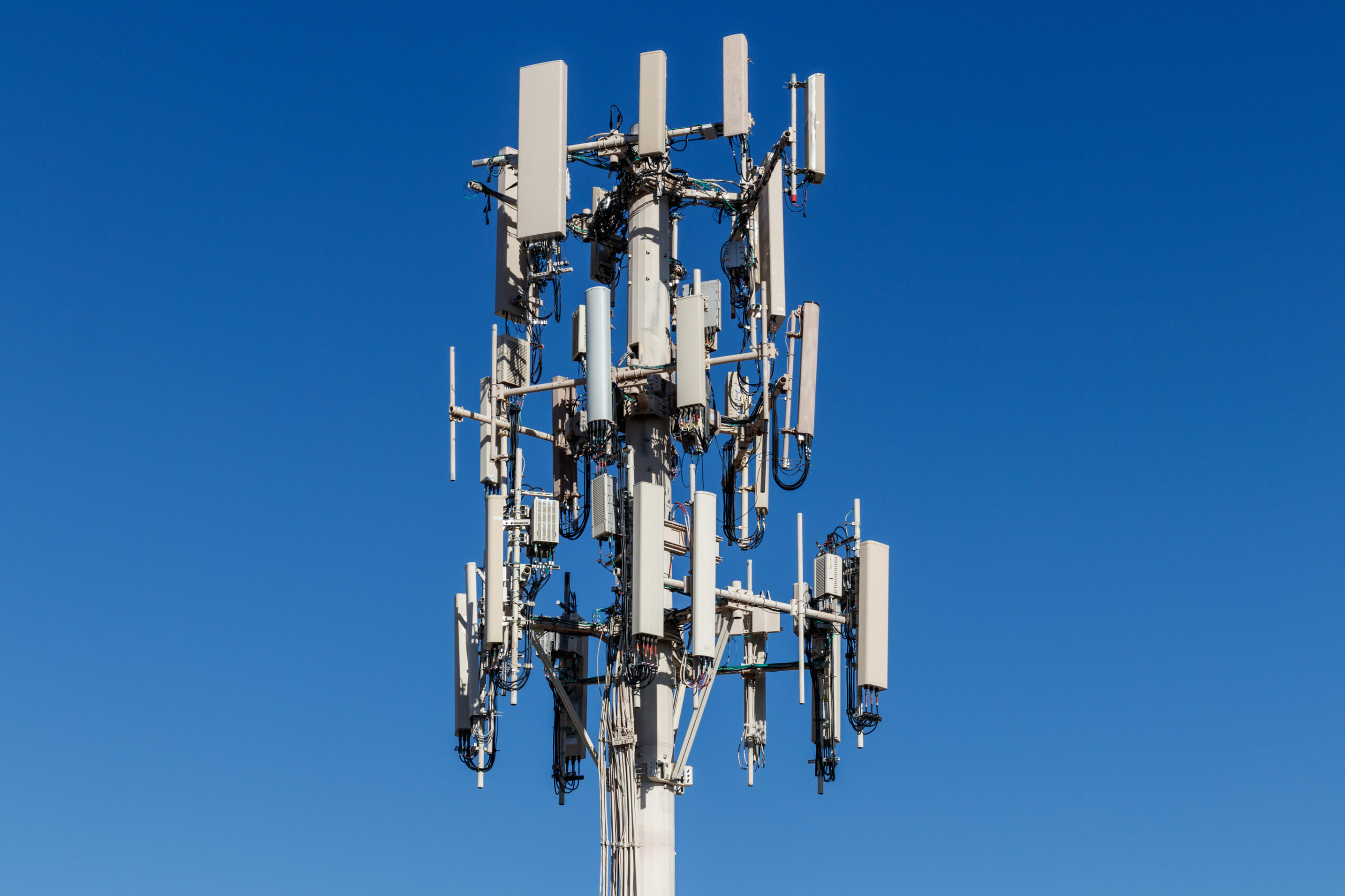A Major Shift in Nigeria’s Telecom Sector
Nigeria’s Communications Commission has recently awarded 25 Mobile Virtual Network Operator (MVNO) licenses, marking a significant transformation in the country’s telecom landscape. This development shifts Nigeria from having four primary mobile operators – MTN, Globacom, Airtel, and 9Mobile – to welcoming a surge of nearly 30 new entities.
Enhancing Competition and Connectivity
This expansion is not just about numbers; it’s a strategic move to spur competition, bridge the digital divide, and improve connectivity, particularly in rural and underserved areas. The MVNO licenses have been met with an overwhelmingly positive response, positioning Nigeria as a formidable economic player in Africa.
Addressing Connectivity Gaps
With only 60 percent of Nigerians having access to mobile internet and a mere four percent to 4G networks, the entry of these new MVNOs is expected to fill crucial gaps. They are anticipated to offer innovative services and drive increased adoption of mobile technology.
New MVNOs’ Strategic Approach
The new operators are carefully crafting their business plans, focusing on leveraging technologies that support services on 4G and 5G networks while transitioning from older systems.
Juan Carlos Buitrago’s Insights
Juan Carlos Buitrago, Chief Sales Officer at JSC Ingenium, noted that MVNOs would play a pivotal role in boosting Nigeria’s economy and reducing the digital divide. They are expected to create jobs and democratize technology with competitive prices and new offers. JSC Ingenium, with its 27 years of experience and operational deployments in 20 countries, is poised to support the evolving needs in Nigeria and across Africa.
Embracing Advanced Technologies
Buitrago highlighted JSC Ingenium’s strategy of offering a unified solution supporting all technologies, including 3G, 4G, and the emerging 5G – both standalone and non-standalone. This approach allows operators to avoid deploying multiple platforms for each technology, leading to significant cost savings.
Economic Growth and Technological Democratization
The introduction of these MVNOs is expected to not only augment mobile connectivity but also stimulate economic growth and job creation in Nigeria. By offering competitive pricing and innovative services, these operators aim to make mobile services accessible to all population segments.
A Digital Revolution in Nigeria
As Nigeria welcomes this influx of new mobile operators, the nation stands at the threshold of a digital revolution. This movement is set to bring enhanced connectivity, economic prosperity, and technological advancement to its citizens.


